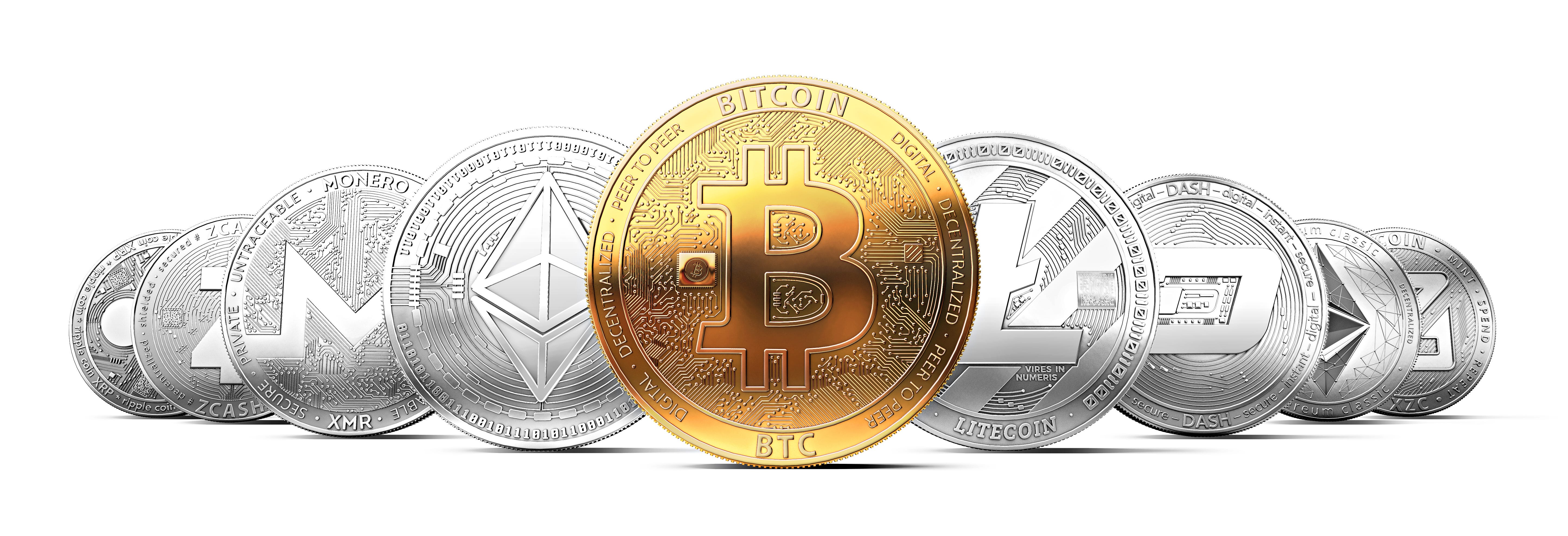 UK Chancellor of the Exchequer Rishi Sunak has appointed a task force that will investigate the possibility of setting up a Central Bank Digital Currency (CBDC) as Britain’s response to the rise of Bitcoin and other forms of electronic money.
UK Chancellor of the Exchequer Rishi Sunak has appointed a task force that will investigate the possibility of setting up a Central Bank Digital Currency (CBDC) as Britain’s response to the rise of Bitcoin and other forms of electronic money.
The initiative has been accelerated by evidence that the Covid crisis has reduced the use of public money – notes and coins issued and guaranteed by the Bank of England.
A recent Bank of England survey, found 70 per cent of respondents were using less cash than prior to the pandemic.
“…it is a relatively safe bet that the experience of the last 12 months will lead to further acceleration of the move from physical to electronic/digital money and with it a shift from public to private money,” Bank of England deputy governor Jon Cunliffe who is the chair of the task force said in a speech in London in May.
The initiative attracted almost no media interest. That’s understandable. The rise of digital currencies is a mystery to most, apart from the small number who’ve invested, often highly profitably, in them.
Monetary theory has always been a confusing mess that even expert economists struggle to comprehend.
But the fact is that the creation of a CBDC in the UK could be one of the most important economic policy measures of our times and the most striking development in monetary policy since the UK adopted, briefly, money growth rules in the early 1980s during the peak of Britain’s attachment to “monetarism”.
The digital money debate is often seen as being an essentially technical one that should be mainly the preserve of digital experts. It is striking how little the subject’s been raised let alone debated in Britain’s Houses of Parliaments.
But it’s not. It’s highly political and a critical moment in the way the UK economy is managed.
Digital currencies as they have developed are nothing less than an attempted private sector take-over of the means of exchange everyone uses to settle transactions.
If an economy was a body, then money’s the blood, the means by which nutrients are distributed and waste gathered to allow the body to be healthy.
The confusion is attributable to the fact that for almost 50 years the UK has become accustomed to making payments and withdrawing cash electronically. People have been using ATMs and companies and individuals increasingly use online payment transfer systems, including Paypal.
But what is been unchanged is that the system has been supervised by the national monetary authority: the Bank of England. It directly controls the volume of cash coming out of ATMs – public money. The flow of electronic money – private money – into and from banks and other deposit-taking institutions is indirectly controlled by the bank in a system of regulation that’s been strengthened since the 2008 Great Financial Crash.
Bitcoin and other digital currencies, in contrast, are created outside the regulated banking system by non-bank institutions, mainly digital data corporations that have flourished since the creation of the internet.
The obvious first problem is that there is no ultimate lender of last resort in the form of a monetary authority to guarantee digital currencies. The second, which is equally obvious, is that there’s no regulatory authority. Who is to stop a system that aims to take total control of the issue of private money from being abused?
It’s extraordinary that the digital currency coup has been allowed to develop to the point it’s already reached.
But, say the optimists, the Bank of England is coming to the rescue. The belief is that its own digital currency – effectively digitalised public money – will challenge private digital currencies and offer better regulation and security.
But there’s a risk that these hopes will founder. Massive investment in digital currencies and the pace at which these systems are expanding will almost certainly outstrip the capacity of the Lady of Threadneedle Street to develop an efficient and attractive alternative.
In other words, it may already be too late. If that is the case, then the UK monetary authority is facing the prospect of losing control of the money used in the world’s fifth largest economy. The implications are potentially enormous.
A failure of digital currency systems or their capture by malign actors could devastate the UK economy overnight.
So what’s a better option?
The first step, which seems obvious, is to recognise the method used by people and institutions to make and receive payments is part of the essential physical and social infrastructure of the British economy, like roads and utilities.
It’s unimaginable that the UK government would ever tolerate losing total control of either to private investors, many anonymous and operating through tax havens. So why are the Bank of England and the Treasury even bothering to investigate the implications of such a development for British economic management and prospects?
The second step follows logically. The payments system should like the road network be freely-available and publicly-owned. That means rather than conceding control over electronic payments to private competitors, the Bank of England should be working to establish 100 per cent ownership of it.
That means breaking the grip private banks have over the payments system and banning any attempt by digital currency producers to get access to UK money flows.
Banks of course should confine themselves to providing constructive advice to people that want it. But their control over the payments system should be permanently ended.
The last thing the UK needs is a private digital currency takeover.